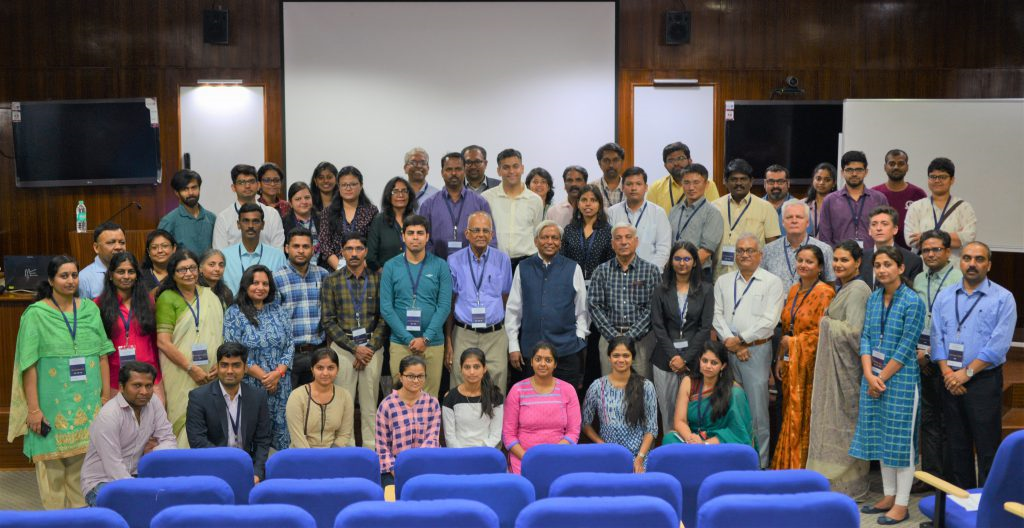The Department of Science and Technology- Centre for Policy Research (DST-CPR) at the Indian Institute of Science (IISc) engages closely with different government bodies, private organizations and academic institutions of national and international repute to provide pragmatic and evidence-based recommendations for enhancing decision-making processes in STI.
The Centre is actively involved in collaborative projects, research publications and reports, and also various outreach, capacity-building and training activities. It has collaborated with international institutions to study research assessment practices. In partnership with the Latin American Council of Social Sciences (CLACSO), it has studied research assessment practices in the Global South. It has also collaborated with UNESCO - Jakarta Office for a study on the status of women in STI in selected Asia-Pacific countries; another project is on policies for basic STEM education in the Southeast Asian country Timor-Leste. The Centre has also initiated a collaborative project on Doctoral Education in India in partnership with researchers from the Indian Institute of Management – Ahmedabad, Manipal Academy of Higher Education, and Jindal Global University.

Established in 2014 along DST-CPRs at four other institutions, as a result of the Science, Technology and Innovation (STI) Policy, 2013, which emphasized the importance of creating and strengthening the institutionalization of policy research in India, the Centre has been organizing workshops, discussions meetings, and other capacity-building events to attract and train graduate students and early career researchers in various STI Policy-related areas.
It has organized a joint Workshop on STI Policy for Transformative Change along with the Science Policy Research Unit at the University of Sussex.
Under DST’s STI Policy Fellowship program initiated in 2016 to select and recruit high-caliber individuals into policy research, the Centre has hosted five Fellows so far. In 2020, DST also selected the Centre to run and manage the STI Policy Fellowship program, following which two cohorts of fellows are affiliated to the Centre while being deputed at other institutions, such as DST and the Office of the Principal Scientific Adviser. Many Fellows from these two cohorts have provided knowledge and research support during the process of formulating the new draft National Science and Technology Policy.
Since 2017, the Centre has organized various events to celebrate the International Open Access Week every year.
While the Centre started with the goal of studying policies and mechanisms that can help increase the research impact of Indian institutions, it now has programs in a wide range of areas of STI policy -- scientometric studies, higher education in India, innovation and entrepreneurship, rare disease policy, science diplomacy, and Open Science policies and practices.
In just eight years, the DST-CPR has seen its research footprint expand to encompass a wide range of subfields in the STI policy domain. This expansion has also been accompanied by a steady increase in research outputs in the form academic papers, reports, working papers, policy briefs, and articles in print and online news media. It has now firmly established itself as a key node in the network of STI policy researchers and institutions.
The DST-CPR website also has a page dedicated to a list of resources for STI Policy researchers and practitioners. Going forward, the DST-CPR website aims to become an important repository of pointers to STI policy-related knowledge generated from institutions across India and the world.






























